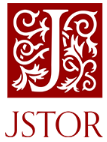 Throughout the year, Mrs. Mason and I are often asked, “What database should I use for my research project?” Whether students are working on their I-Search project or just needing to find peer reviewed articles, JSTOR stands out as one of our favorite databases. Check out the six reasons why we recommend students use JSTOR.
0 Comments
All of us continue to look for ways to increase reading and writing in our 1:1 classrooms — specifically, the use of non-fiction, informational texts. To that end, we thought you’d be interested to learn that many newspapers offer free educational subscriptions.
In 2009, District 117 checked out 69 different textbook titles to students. This year, only nine years later, we checked out 27 titles. That’s 42 fewer titles. Evidently, teachers and students alike are turning to digital sources for their curriculum development and information/research needs. We want to remind you to keep databases in mind.
Lakes and Antioch high schools are proud to subscribe to 18 databases covering a range of topics and issues. Is that enough? You tell us. Staff members Lorenzo Gomez, Barb Mason, and Kellie Piekutowski attended NewsLitCamp at the Daily Herald on April 18. Here are some of their takeaways.
When I first heard about BiblioBoard, I thought, “Well. That’s a fun word to say.”
What an understatement. Barb and I recently dug into the open source program with our rep from RAILS (Reaching Across Illinois Library System) and learned it is a powerful resource for our teachers. BiblioBoard is a free digital library containing ebooks, media, and collections for an assortment of categories, including science, literary criticism, technology and engineering, political science, mathematics, business and economics, and cooking — something for all of the students and teachers in District 117. Better searches. Best results. That’s how Scholastic Go! plans to bring in the new year when it debuts its new interface on January 15. Scholastic Go! has a fresh design with a greater focus on searching and a more streamlined and intuitive user experience.
Admit it. As much as we want students to use databases for a majority of their research needs, many students will still choose to search via Google. Now, instead of students having to choose, Gale’s Opposing Viewpoints in Context database offers the ability to search database content alongside Google search results.
Lakes and ACHS subscribe to NoodleTools to support students through the research process. Though most commonly used for its simple citation generator (similar to EasyBib), NoodleTools also offers research planners, to-do lists, e-notecards, and collaborative features for students working on group projects. Additionally, NoodleTools syncs with Google, which means that students and teachers can use their District 117 Google username and password to access the program.
Barb and I are always on the hunt to discover new technology resources for teachers. We are excited to share with you the American Association of School Libraries (AASL) 2017 list for Best Apps and Websites for Teaching and Learning.
Donna Corcoran and I recently attended the Midwest Educational Technology Committee conference in St. Charles, Missouri, and wanted to share some takeaways. Feel free to follow-up with us if you have questions or ideas. Also, visit this Google folder, where we copied some of the presentations from the sessions we attended. You can view most of the presentations for all of the sessions on the METC website.
|
AboutThe ILC blog keeps Lakes students and staff up to date with news and events related to reading, research, technology, and more.
Categories
All
Archives
February 2024
Ideas?Contact us with topic suggestions or to contribute your own post to the ILC blog.
|
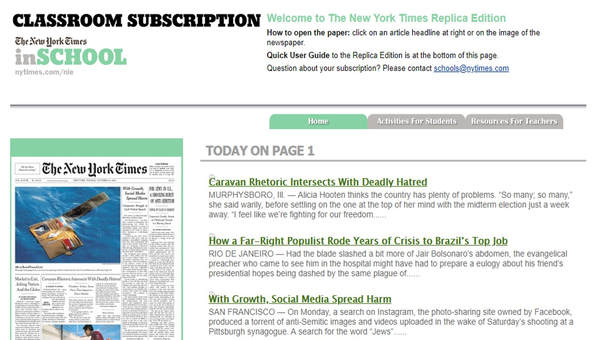

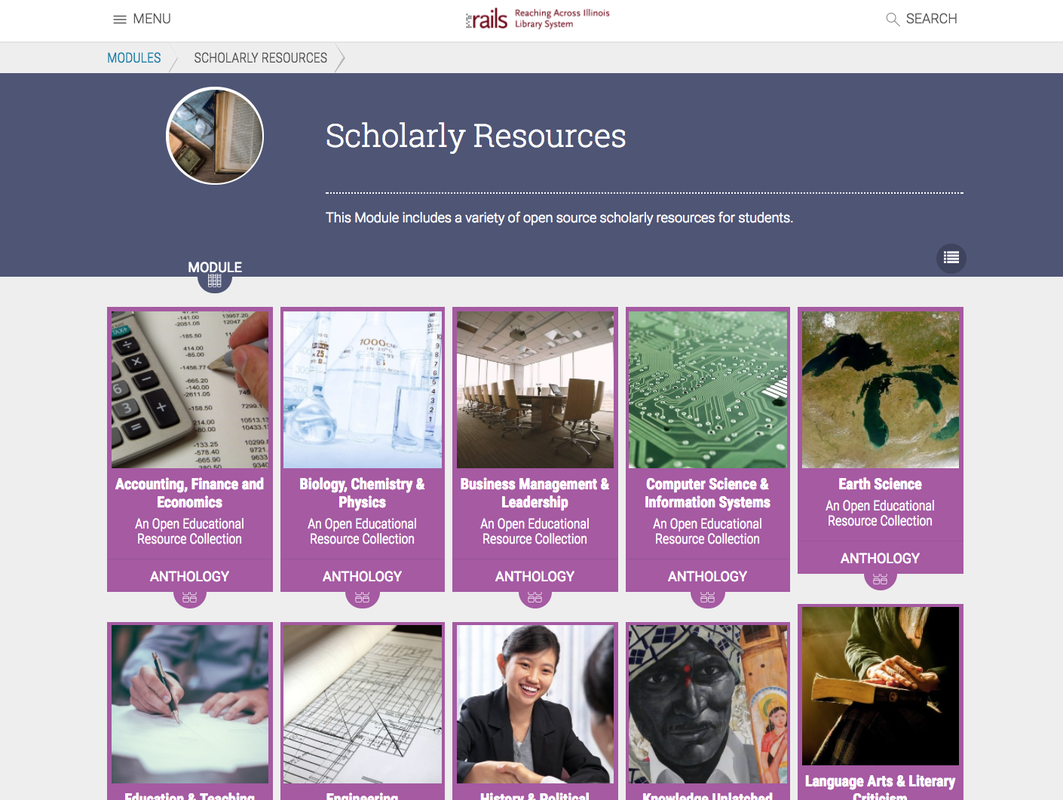
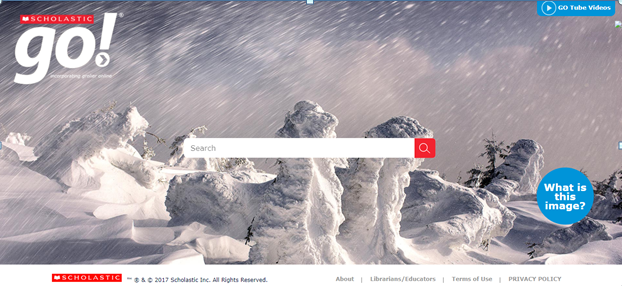
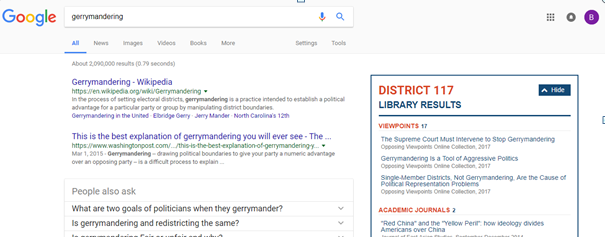
 RSS Feed
RSS Feed
